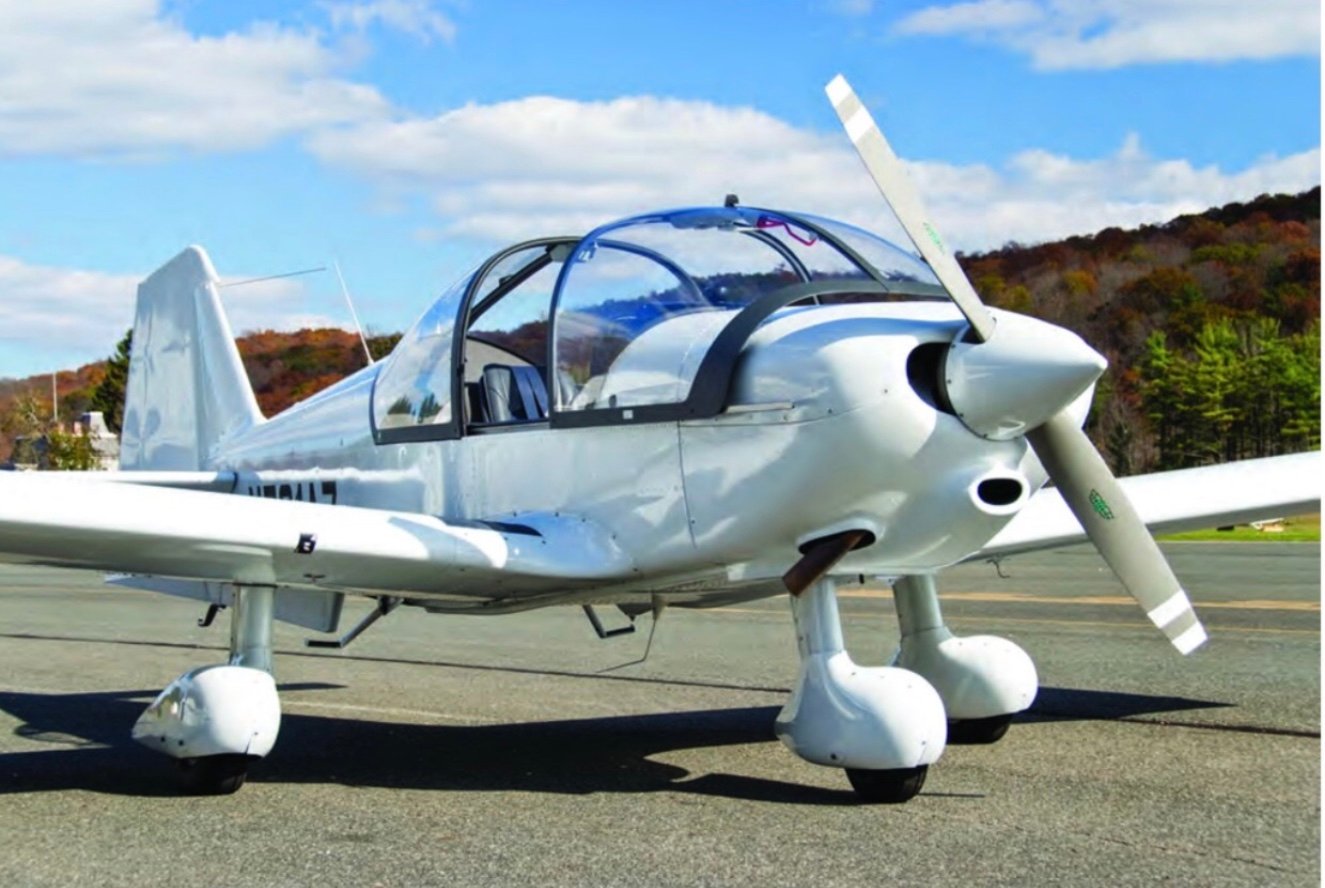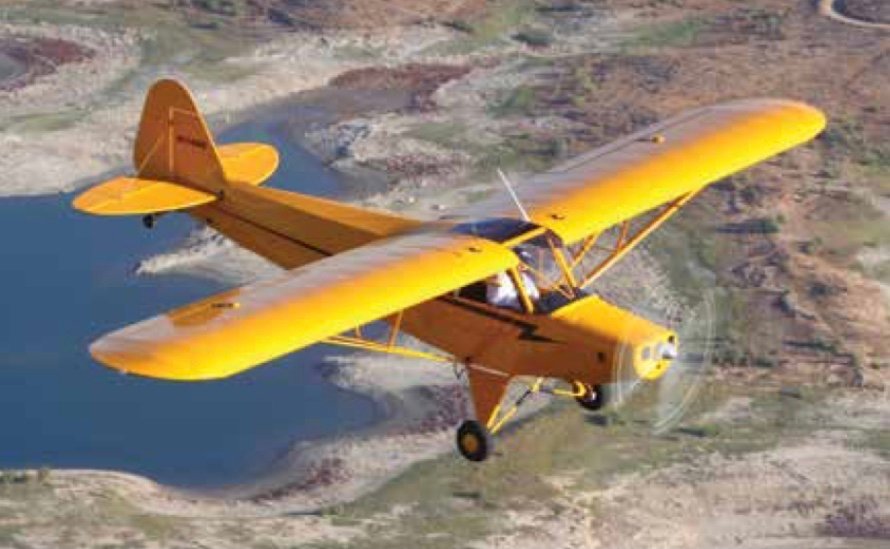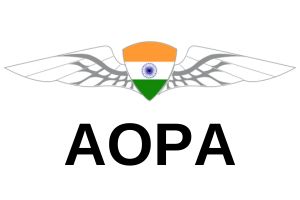Learn to Fly


LEARN TO FLY:
Flight training will enrich your life in countless ways. You’ll learn to balance technical training with the freedom of flying toward an endless horizon. You’ll adopt new ways of speaking, navigating, and calculating your position. What initially feels like a complex process will slowly become second nature, and you will always have a great story to tell.
Private Pilot’s License (PPL)
This is the initial license, allowing pilots to fly most common light aeroplanes for their personal enjoyment and forming a building block for future professional flying. Additional training is required for certain aeroplanes and recommended for certain environments.
Instrument Rating (IR)
Getting an Instrument Rating is indeed a lot of work, but it is mixed with fun. Flying on instruments is like solving a challenging crossword puzzle. It’s a lot of effort, but deeply rewarding. Plus, everything you learn in the process applies to the rest of your flying and makes it more exciting too. Having an Instrument Rating makes your flying more useful and allows you to fly more often in general. It also relieves stress when the weather is dicey and improves your safety on cross-country trips.
Commercial Pilot’s License (CPL)
Getting a Commercial Pilot’s License is particularly fun if you’ve been practicing instrument flying. It’s great to be oriented outside the airplane again. The commercial training will take you to the joys of basic airmanship with a series of visual flight maneuvers designed to help you demonstrate your skill at handling the airplane.
With your commercial-and improved flying skills-you will get deep satisfaction and pride from every movement of the airplane. Your enhanced planning, coordination and timing will allow you to put the airplane where you want it smoothly and gracefully, as well as give your passengers confidence that their pilot is the master of the aircraft.
And who knows? You may decide you do, indeed, want to make a living at one of those jobs where the pilot is being compensated.
Type Ratings
To fly one or certain other large aircraft you’ll need training specific to the aeroplane you’ll fly.
MEDICAL CERTIFICATION:
The Directorate General of Civil Aviation (DGCA) holds pilots to certain medical standards to ensure they are safe to operate aircraft. They do this by requiring pilots to undergo regular medical exams to obtain a medical certificate that gives a pilot the authority to operate a certain type of aircraft.
Types of medical certificates:
Class II
Meant for private pilots and sport pilots. Renewed every year.
Class I
Meant for commercial pilots. Renewed every six to twelve months depending on the pilot’s age.
CHOOSING A FLIGHT SCHOOL:
Without any aviation experience on which to base your decision, selecting a good flight school can be a formidable task.
Things to consider
Having an idea of why you want to fly will assist you in your choice of school: if you’re looking for a career in aviation, you may want to consider a flight school with pilot career pathways; if you’re looking to fly for fun, an aero club or recreational school might be more suitable.
Some airports will have many flying schools, others may only have one. Take the time to visit all the schools and clubs in your area and talk to as many instructors and students as you can.
Social media is a great way of checking out flying schools, speaking to students and conducting general research.
Your first visit at a flying school should involve a chat with the Chief Flying Instructor (CFI). Don’t be afraid to ask questions and do ask for a tour of the aircraft available. Further questions might include:
The Training Facility
How does your booking system work? Is it online, or via a telephone booking system? What is the fleet strength? Does the school have facilities for ground classes?
Costs
How is the payment structure set out? Is there a fee for ground school? Don’t be afraid to ask for a complete price breakdown. Enquire about landing fees, which will vary according to the airport. Sometimes these are included in your aircraft hire.
Be aware that flying schools may present their costs in different ways. Some will be all inclusive, others may be broken down into categories. Bear in mind that the quoted time for a private pilot’s licence (PPL) may be 40 hours, but some students may take more than that to obtain a PPL.
Take into account the extra items you will need to purchase: a headset, a flight bag, maps, a subscription to an electronic flight bag (EFB) etc.
Be wary of flying schools demanding an upfront sum, particularly if it’s a large sum. Even a well-established flying school can close at short notice.
The Instructor
Will you always have the same instructor, or is it likely to change? Some schools have a much higher turnover of instructors than others.
Ask about ground school courses and whether the school offers in-house courses or an option for one-on-one with an instructor. Your instructor will become a significant part of your life for your training period. Be sure to ask plenty of questions and take a flight with them. Each person has a unique way of learning; if you find you’re not in any way comfortable, or progressing with your instructor, do speak up.
Selecting an Instructor
No person will be more influential in nurturing your desire to fly than your first flight instructor. A good flight instructor will make the flight training process enjoyable while challenging, teaching you the intricacies of flight at a pace that is suitable to your schedule and level of learning.
It is therefore important that you are comfortable with your instructor and his or her method of teaching. If a personality or schedule conflict arises, find someone else to teach you. A professional flight instructor will understand and accept your choice to fly with someone else. Remember, you are the one paying for the flight lessons.
How do I find a good Instructor?
Consider both competence and compatibility. Find an instructor who talks excitedly about the joys of flying and is willing to patiently explain the syllabus to you. You will spend a lot of time with this person- you may not be the best of friends, but you should have a pleasant relationship. Go beyond personality and check attention to detail: do they use a syllabus and assign you study material? Do they conduct pre-flight and post-flight briefings?
